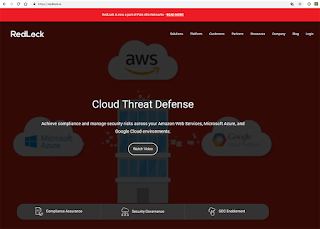Palo Alto Networks reported total revenue for $1.6 billion for its fiscal first quarter 2023, ended October 31, up 25% year compared with total revenue of $1.2 billion for the fiscal first quarter 2022. GAAP net income for the fiscal first quarter 2023 was $20.0 million, or $0.06 per diluted share, compared with GAAP net loss of $103.6 million, or $0.35 per diluted share, for the fiscal first quarter 2022. Non-GAAP net income for the fiscal first quarter 2023 was $266.4 million, or $0.83 per diluted share, compared with non-GAAP net income of $170.3 million, or $0.55 per diluted share, for the fiscal first quarter 2022.
"Our growth in Q1 was driven by customers continuing to increase their commitments to our security platforms as they are able to choose our best-of-breed capability and simplify their security architecture," said Nikesh Arora, chairman and CEO of Palo Alto Networks. "We are focused on expanding the breadth of our offerings and our pace of innovation to continue to drive share gains in the cybersecurity market."
"We exceeded our top-line guidance while generating $1.2 billion in free cash flow and expanding our operating margins," said Dipak Golechha, chief financial officer of Palo Alto Networks. "We will continue to balance growth with profitability and cash generation to further strengthen our position in the market."
https://investors.paloaltonetworks.com/news-releases/news-release-details/palo-alto-networks-reports-fiscal-first-quarter-2023-financial


































